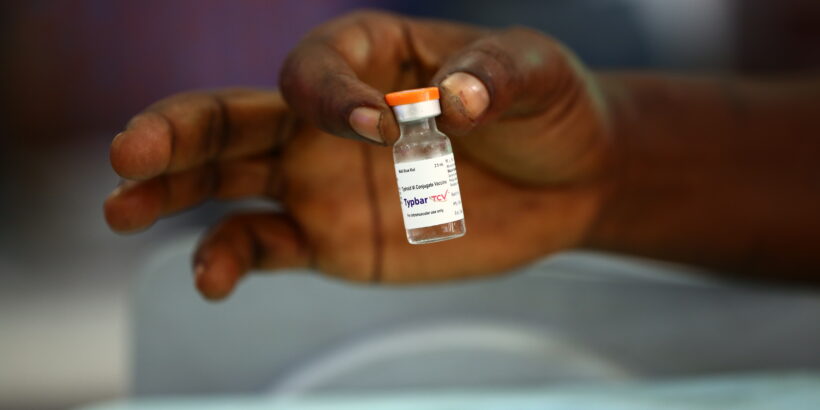India has long grappled with a significant public health challenge—an alarmingly high typhoid burden. In 2017, more than half of the world’s typhoid cases were projected to have occurred in India. The Global Burden of Disease Study estimates that in 2021, India had more than 3.7 million cases of typhoid, one of the highest burdens in the world.
Typhoid in India
The typhoid burden in India varies significantly between urban and rural settings, as revealed by the National Surveillance System for Enteric Fever in India study conducted by the Christian Medical College in Vellore. Urban areas show extremely high incidence rates, compounded by factors such as overcrowding and inadequate sanitation. Rural areas still see moderate disease levels. Many rural communities lack adequate healthcare infrastructure, including skilled personnel and medical facilities, which can make it difficult for residents to receive timely diagnosis and treatment. This situation underscores the urgent need for the introduction of typhoid conjugate vaccines (TCVs).
Additionally, multisite sentinel surveillance established by the Indian Council of Medical Researchers found high rates of drug resistance to commonly used antibiotic treatments, including quinolones and macrolides. Nearly all typhoid strains isolated during the study were not susceptible to ciprofloxacin, a common antibiotic used for typhoid treatment. This rising drug resistance makes vaccination even more essential as a preventive measure against typhoid.
Although India is home to several typhoid conjugate vaccine (TCV) manufacturers, the country has not widely introduced the vaccine. The Navi Mumbai Pediatric TCV Campaign, which took place in September 2018 , reached more than 113,000 children aged 9 months to 14 years. The campaign found that TCV had an 83.7% vaccine effectiveness, providing critical evidence for policymakers regarding its large-scale implementation. However, TCV products are not available through the routine immunization system.
Potential for typhoid conjugate vaccines
In June 2022, India’s National Technical Advisory Group on Immunization (NTAGI) officially recommended incorporating indigenous TCVs into India’s Universal Immunization Program, highlighting the vaccines’ safety and efficacy. NTAGI also emphasized the importance of establishing a robust surveillance system for typhoid to monitor disease burden and inform targeted vaccination strategies.
Strengthening surveillance is also crucial to track typhoid cases accurately and monitor vaccine coverage, allowing health authorities to respond swiftly to outbreaks and allocate resources effectively. By combining robust vaccination campaigns with targeted community engagement efforts, India can implement a multifaceted approach to combatting typhoid.
Photo: A vial of Typbar TCV, one of the TCV products manufactured in India. Credit: TyVAC



